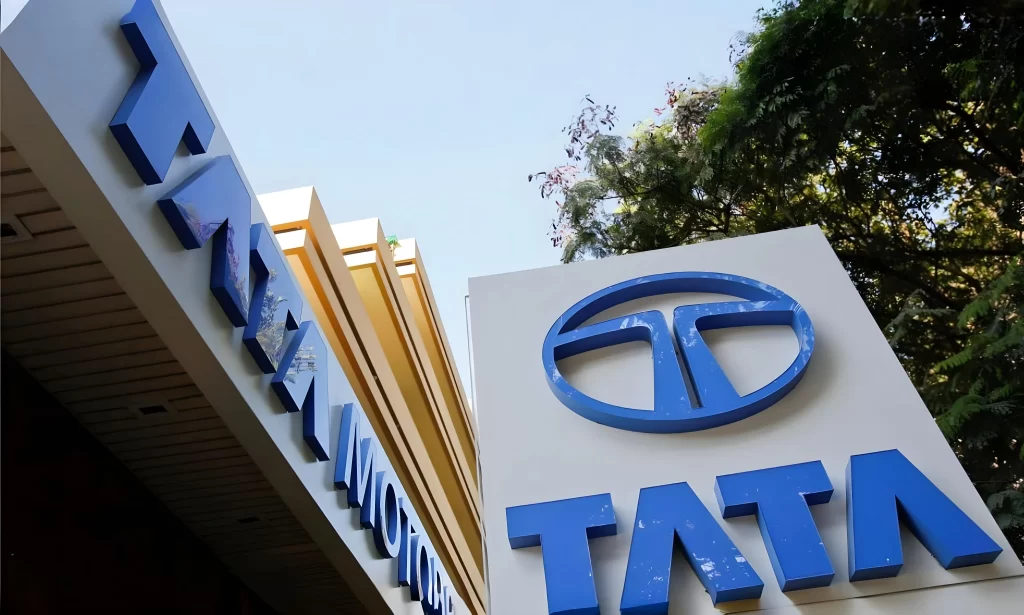Tata Motors shares took a hit, plunging 5.4% to a day’s low of Rs 980.10 on the BSE after the company revealed price reductions of up to Rs 2.05 lakh on its electric vehicles (EVs) and popular cars. This announcement has sparked concerns over the company’s growth prospects, with global brokerage firm UBS issuing a ‘sell’ rating and setting a target price of Rs 825.
The brokerage highlighted that Tata Motors’ UK arm, Jaguar Land Rover (JLR), has recently relied on its premium models—Range Rover, Defender, and Range Rover Sport—to elevate its average selling price (ASP) and boost gross margins. However, UBS warns that the prolonged success of these models is beginning to wane. “The extended successful run of these models has started to moderate, with the order book falling below the pre-Covid levels,” UBS noted. The brokerage further anticipates that discounts on the Range Rover could increase, citing similar trends previously observed with the Defender and Range Rover Sport.
UBS also pointed out that “With JLR’s order backlog already below pre-COVID and incremental bookings lagging supply, we would not be surprised if the incentives for Range Rover—JLR’s apex model—start rising soon from near-zero levels. Rising discounts, moderating growth, and a lack of any new ICE/hybrid launch could result in significantly weaker financials for FY26, even if consensus extrapolates the last two years’ results.”
This outlook comes at a time when JLR’s volume growth is slowing down. The company is also facing challenges in the Indian market, where demand for commercial vehicles (CVs) is fluctuating, and passenger vehicles (PVs) are underperforming compared to their regional competitors in terms of both growth and margins.
On Wednesday, Tata Motors’ stock fell 4.86%, reaching a low of Rs 985.15 on the BSE. UBS observed that incentives for the Defender started rising as early as July 2023. Meanwhile, discounts for the Range Rover Sport, which underwent a platform change in 2022, surged unexpectedly in July 2024 from near-zero levels. The Range Rover Sport is JLR’s best-selling model in the US. UBS attributes these rising discounts to the time elapsed since its launch in 2022 and the precedent set by the Defender. They anticipate that discounts will continue to increase, even as short-term deliveries may be impacted by disruptions such as the recent flooding at an aluminum supplier.
Adding to these concerns, JLR has been using the semiconductor shortage to strategically manage production in favour of its premium models, thereby reducing its reliance on lower-priced, lower-margin vehicles. However, this strategy may not sustain its margins for long.
Tata Motors is currently grappling with a challenging environment, both domestically and internationally. The company’s decision to cut prices, combined with a slowing demand for its premium models and a shaky market for its commercial and passenger vehicles, paints a less-than-optimistic picture for the near future. Analysts are keeping a close watch on how Tata Motors will navigate these hurdles.
Stay tuned for more updates on Tata Motors’ stock performance and market strategies. Don’t miss out—subscribe to our newsletter for the latest insights and expert opinions.

